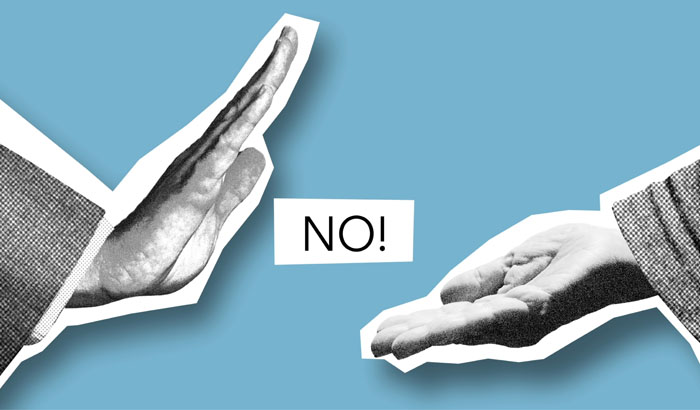Blog
2021.03.08
Patent translation
What happens after a patent was granted in Japan
In previous articles, we covered the process of filing a patent in Japan. In this article, we would like to focus on what you do and what can happen after a patent was granted.

1. What to do after receiving the Decision of Patent Grant
Once you receive the decision to grant a patent you will be asked to pay the registration fee to the Japanese patent office. The patent will not come into force until the fee is paid. The registration fee is the annual fee for the first 3 years which is 2.100 Yen + 200 yen per claim annually.
Annual fees for year 4 and further can be paid annually. The fees increase the longer the patent is in force. For more details, please refer to the JPO website.
Most patent right holders leave the managing of the annual fees to their Japanese law firm, that handled the patent filing but recently it is also not uncommon to switch to using firms that are specialized in handling annual fees. Since 2016 it is also possible to pay annual fees directly for non-resident patent right holders without a representative in Japan.
Once you paid the registration fee a letters patent will be issued. It will be sent to the law firm in charge which should forward it to you. Later the patent will be published in the Japanese patent gazette.
2. Licensing your Japanese Patent
Once you have a patent you might want to consider licensing it. Patent attorneys in Japan may act as agents on behalf of clients for negotiating and making contracts for patent licenses.
In Japan, all exclusive licenses must be registered with the JPO, following which the licensee has the right to sue for infringement.
Non-exclusive licenses do not need to be registered but it is possible to register them with the JPO if requested.

3. What third Parties can do once a Patent in Japan is granted
Third parties have basically two options to oppose a granted patent, filing an invalidation trial, or filing an opposition.
An invalidation trial can be filed any time after grant by an interested party (a party whose legal interests or legal status vis-à-vis such rights are directly affected or may be affected by the existence of the patent right.) if they find adequate reasons such as lack of novelty or inventive step, lack of clarity or other violations of the patent act.
If after a trial it is decided that the patent is to be invalidated, the patent right is deemed never to have existed.
An opposition on the other hand can only be filed within 6 months from the issuance of the patent publication, but anyone can file it. The grounds for filing are the same as for an invalidation trial. The opposition system was introduced to allow quick corrections of patents and ensure stronger granted patents.
The translators at transeuro are not only familiar with translation of patent application documents but also with translation of trial documents. If you need help with a translation of trial documents do not hesitate to contact us.
Similar Posts
[jetpack-related-posts]



Leave a Reply